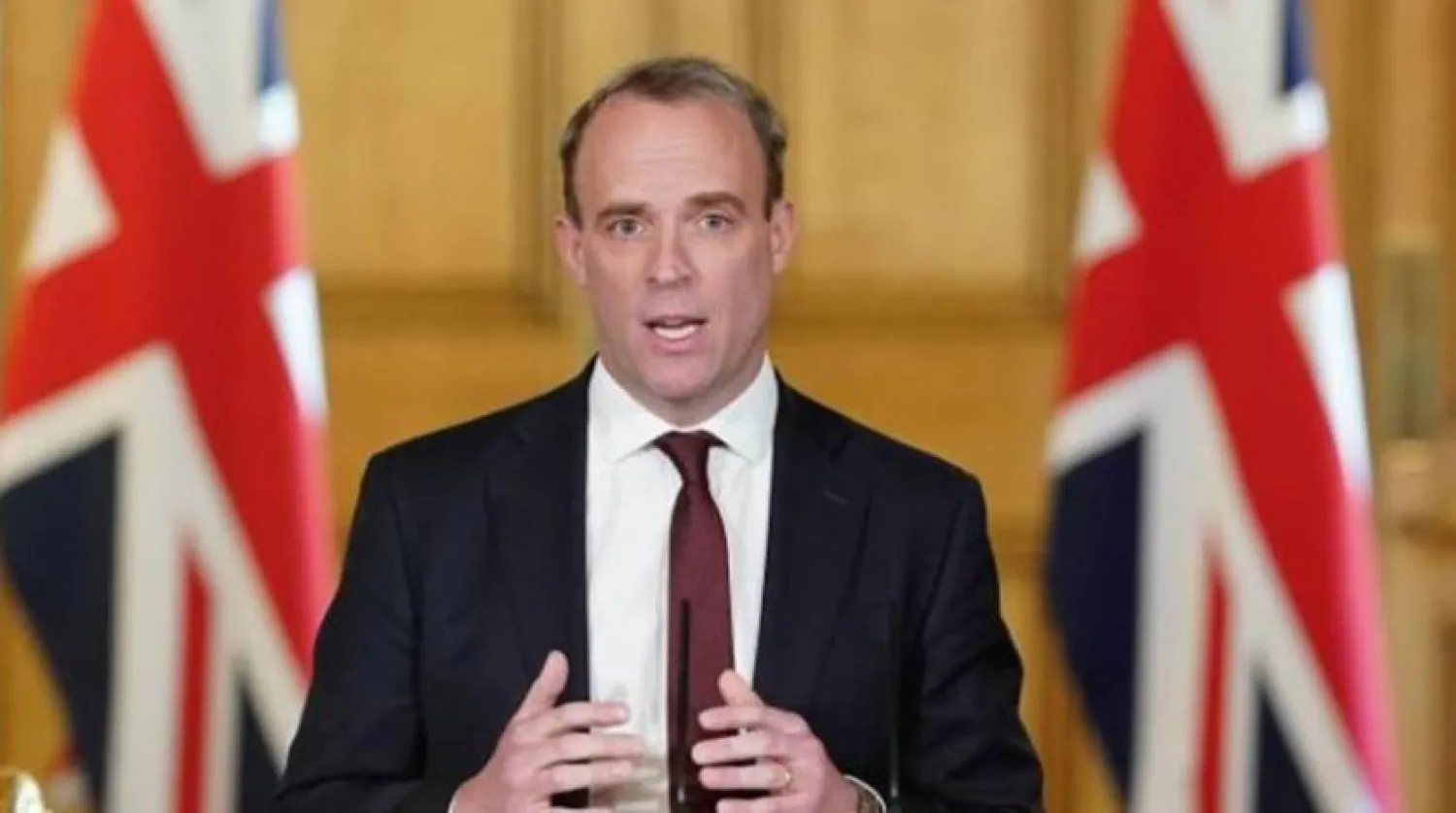Several countries and international and regional organizations have welcomed the mechanism to accelerate the implementation of the Riyadh Agreement signed between the Yemeni internationally-recognized government and the Southern Transitional Council (STC) under Saudi sponsorship.
Statements stressed the importance of achieving peace in Yemen and said that the Riyadh Agreement would help do so.
The United States valued Saudi efforts through a statement issued by its embassy in Yemen, which said: "Through the rapprochement between the Yemeni government and the STC, the implementation of the Riyadh agreement represents an essential step towards achieving a lasting peace for the Yemeni people."
The statement pointed out that achieving peace and unity in Yemen is necessary for regional stability and meeting the urgent needs of the Yemeni people, adding that “a lasting solution will require all parties to make concessions.”
The US reiterated its continued support for the efforts led by the UN to move forward in the political process in Yemen.
The United Kingdom has also welcomed the proposal by the Kingdom of Saudi Arabia to accelerate implementing the Riyadh Agreement.
UK Secretary of State for Foreign and Commonwealth Affairs Dominic Raab said: "The Riyadh Agreement is a key step towards a sustainable, peaceful resolution to the Yemen conflict. This announcement represents important progress.”
“I encourage all the Yemeni parties to continue this spirit of negotiation and compromise,” he added.
The UAE has also welcomed the latest developments with regards to the resumption of the implementation of the Riyadh Agreement.
The UAE noted the agreement aims to achieve security, stability, peace, and development in Yemen and expressed its hope to accelerate its implementation to end the Yemeni crisis in line with the UN-sponsored peace track.
In a statement, the UAE Ministry of Foreign Affairs and International Cooperation commended the Saudi leadership for enabling progress in the agreement’s implementation and its support for efforts to serve the interests of the brotherly Yemeni people and contribute towards the country’s stability and security.
The Ministry stressed the importance of solidarity and cooperation among Yemeni forces to prioritize the greater national interest and confront threats facing Yemen, foremost among them the Houthi coup.
The Ministry reiterated its commitment to standing by the Yemeni people and backing their legitimate aspirations for development, security, and peace within the context of the UAE's policy to support the interests of peoples in the region.









